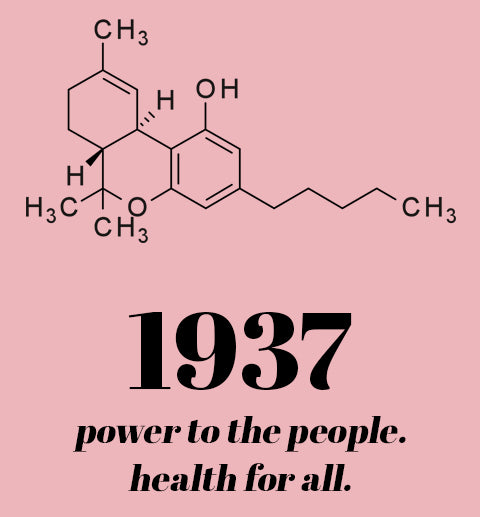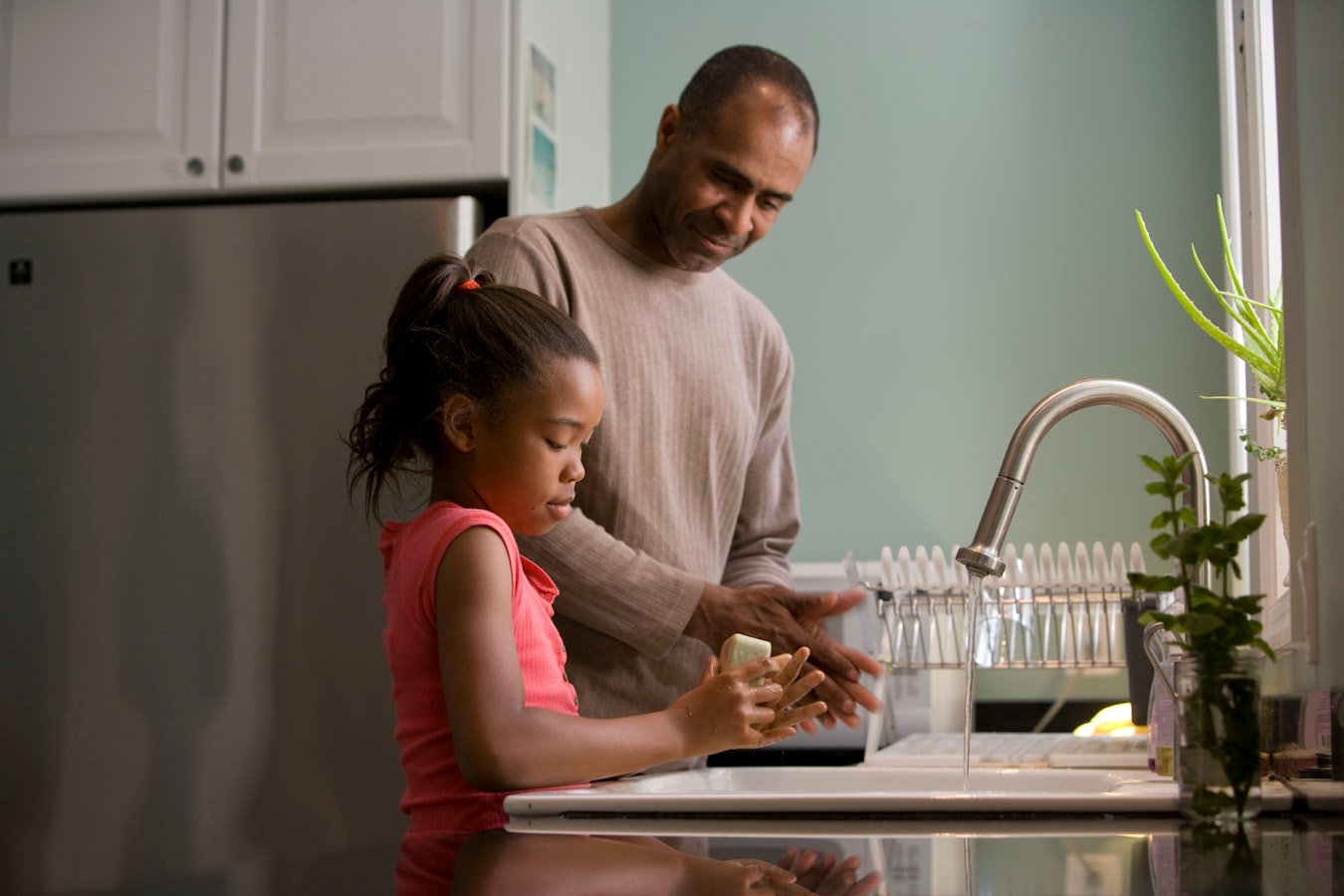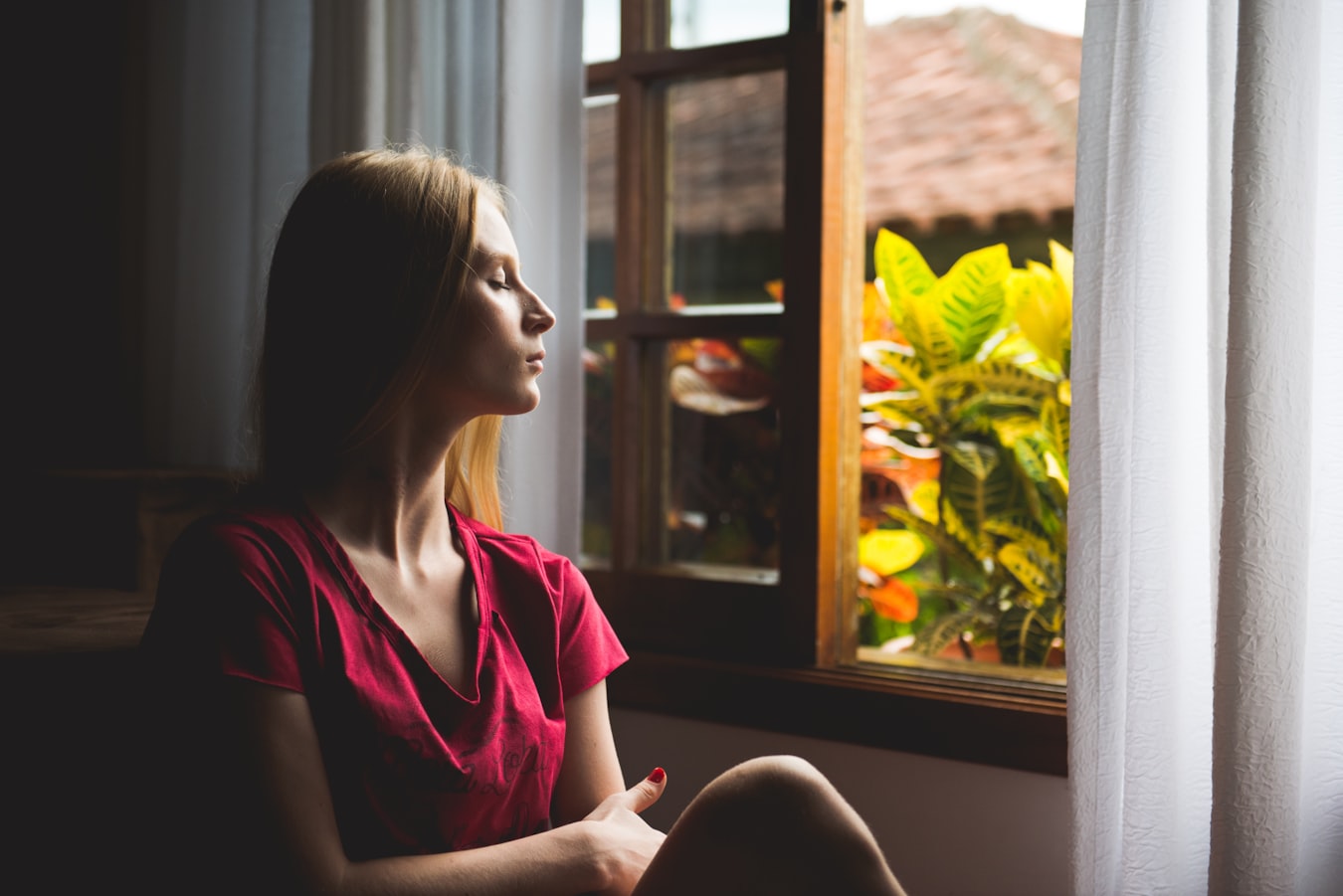Boosting Your Immune System with CBD: Coronavirus Edition

Now, more than ever before, it’s important to develop smart health routines. That includes adding CBD to your daily regimen to help boost your immune system.
Let’s face it, there’s a lot of uncertainty right now. Every day brings new information--some good and some bad, but all of it is overwhelming. That’s why we wanted to take a moment and talk about the simple, everyday things you can do to stay healthy and avoid both catching the Coronavirus and spreading it to others.
Luckily, most of this stuff is pretty common sense.
Wash your hands Simple!
Cough into your elbow Easy
Work from home Well, I don’t think…
Cancel your social events Wait, what about…
Practice social distancing Hold on, what does that even mean?!
Phrases like “quarantine” and “social distancing” aren’t exactly new, but putting them into practice IS new. The health of the general public is a delicate balancing act. Some of us are able to work from home, some of us aren’t. Some of us can afford to go a week or two without income, but for others, that’s just not an option.
The whole point is that it doesn’t really matter what YOUR situation is, it’s still your responsibility to do everything in your power to stay as healthy as possible. Some of us will be able to do more than others, and that means we have an obligation to protect those at risk by making smart choices and boosting our own immune systems.
But let’s back it up and take a look at what we know about the coronavirus as of today...
What is the Novel Coronavirus/COVID-19?
The word “coronavirus” refers to a particular family of viruses. Other coronaviruses include Severe Acute Respiratory Syndrome (SARS-CoV) or Middle East Respiratory Syndrome (MERS-CoV). So, calling this outbreak the “coronavirus” is like using the word “cat” to describe a lion. It’s not technically wrong, but it’s definitely not the same.
The big difference here is the word novel. That means we’ve never identified this particular strain in humans before, so we’re still trying to understand the best way to control it and stop it from spreading. COVID-19 (Coronavirus Disease 2019) is the disease caused by the coronavirus.
The incubation period is particularly problematic. Someone may be infected but symptoms might not appear for up to two weeks, and during that time they may spread it to others. Originally, it was thought that someone who wasn’t showing symptoms wouldn’t be contagious yet. However, new information is now suggesting otherwise.
Symptoms can include coughing, shortness of breath, and fever. While those with healthy immune systems will most likely recover, high-risk individuals could develop more severe complications such as pneumonia, organ failure, and death.
The World Health Organization (WHO) officially declared COVID-19 a global pandemic on March 11th, and as of today, there have been over 165,000 cases around the world. Since it was first documented in Wuhan, Hubei Province, China in November of 2019, almost 6,500 people have died globally. While the number of recovered patients far outweighs the number who’ve died, the scale of the pandemic is still staggering.
How Is COVID-19 Spread?
The CDC says it’s spread through close contact and respiratory fluids (that could mean spit, snot, or any fluids from coughing or sneezing). As of right now, it’s not believed to be airborne (meaning it can’t travel through the air) but any infected respiratory fluid that lands on a surface can be picked up by the next person who touches it.
While there is evidence that the virus can be transmitted even when someone isn’t showing symptoms, the likelihood of infection increases when someone is already visibly sick. Because the virus is already spreading at the community level, it means people who are infected can’t necessarily trace where they contracted it from. So, even if you haven’t traveled outside the country or come into contact with an infected individual, you may still catch it.
What NOT To Do
First, don’t panic. In times like these, fear is more dangerous than the illness. The panic buying that many of you have probably already seen will make it harder for high-risk individuals to get the supplies they’ll need if they become quarantined.
Second, the mentality of “it’s only dangerous for the elderly and ill” is cruel and irresponsible. The high-risk group includes older people and anyone with severe underlying health conditions. That includes heart disease, lung disease, and diabetes.
Of the people in those groups, all of them have friends and family that love them. It could be your grandparents, a beloved professor, or even the next-door neighbors’ little girl who has a heart problem.
That’s why everyone, even those who are completely healthy right now, needs to do what they can to stay healthy and take responsibility for any actions that may infect others.
What CAN You Do?
The standard recommendations from the CDC include regular hand washing, covering your mouth and nose whenever you cough and sneeze, and avoiding close contact with anyone who shows signs of respiratory illness like coughing and sneezing.
Some public health officials have already asked citizens to practice social distancing. That can mean avoiding large crowds or it can even be as serious as canceling events and closing buildings. The severity of social distancing depends on the policies put into place by your local public health officials, so make sure to do your research.
If you’ve been in close contact with someone with COVID-19 and are developing symptoms or if you’re a resident in a community with an ongoing spread of COVID-19 and are experiencing symptoms, call your healthcare provider and talk to them about your symptoms. They’ll let you know whether you should be tested.
One of the biggest risks is overloading the healthcare system. Since there is no treatment at this time, hospitals need to focus on those suffering from life-threatening complications. Most people who are only mildly ill will be able to stay isolated and recover at home.
Do Your Best to Stay Healthy
This means doing all those little things you should ALWAYS be doing anyway. These practices will help you develop a strong immune system and make it easier for you to fight off COVID-19 if you do become ill.
Get Plenty of Sleep
One of the easiest ways to feel like crap is by not getting enough sleep. That’s because sleep is vitally important for your brain, your ability to deal with stress, and your immune system. The Mayo Clinic even says, “...people who don't get quality sleep or enough sleep are more likely to get sick after being exposed to a virus….Lack of sleep can also affect how fast you recover if you do get sick.”
Eat a Healthy Diet
A “healthy diet” may mean something different to everyone, but it’s pretty widely known that whole foods are what give your body the tools it needs to function well.
With all the turmoil COVID-19 is causing, it would be so easy to stress-eat your way through a whole cheesecake (not that we’ve done that before…). However, do your best to resist junk and eat foods that promote health.
Drink Plenty of Water
Seriously, drink LOTS of water. When your body is hydrated, it functions more efficiently. If you do become ill, a fever will make you dehydrated and you’ll lose additional fluids through mucus. Plus, over-the-counter cold meds will dry up the rest of you along with all that mucus. So, ditch dehydrating liquids like alcohol and caffeine and sip on water throughout the day.
Maintain Good Hygiene
This one should be obvious. Regularly wash your hands, take showers, and, if you’re coughing and sneezing up a storm, isolate yourself so you don’t spread those germs.
Exercise
Being active is good for your body in so many ways. It will boost endorphins, help you sleep better, and get your lymphatic system moving.
Those swollen lymph nodes you sometimes get when you’re sick are part of the lymphatic system. This system helps remove toxins and other unwanted materials from your body, but it has no “pump” to get it moving. Exercise is one of the best ways to promote lymphatic drainage and help your body rid itself of toxins.
Since many of us are avoiding the gym at the moment, try some at-home yoga, simple calisthenics, or even just regular stretching. Running is still relatively low-risk so long as you don’t run in crowded areas.
Relax
That may seem silly, but stress actually weakens your immune system. If you’re practicing social distancing and find yourself at home more, make sure you’re giving your mental health a break. Put the news on hold for a few hours every day and watch a funny movie, video chat with friends, meditate, etc. Do something that helps you stay centered and relaxed.
Consider Supplementing Your Diet With Adaptogens
We wouldn’t recommend switching your vitamin/supplement routine up entirely, because you should really discuss that sort of drastic change with your doctor (and your doctors are probably pretty overwhelmed right now).
However, slowly adding one or two adaptogens to your morning smoothie is an easy way to get immune-boosting compounds into your system. Some good adaptogens to consider would be ginseng, astragalus root, maca, and especially...
Use CBD to Boost Your Immune System
CBD (cannabidiol) is the non-psychoactive cannabinoid harvested from the industrial hemp plant. Because it works with the ECS (endocannabinoid system) to promote balance throughout the body, it’s also considered an adaptogen.
It’s already helped thousands of people reduce their anxiety, relieve pain and inflammation, sleep better, and more. But the whole reason it has beneficial properties for so many different issues is because of the way it interacts with our immune systems.
How Does CBD Boost the Immune System?
Without an immune system, we would last about all of five minutes on this planet. That’s because the immune system, with its complex network of tissues, organs, and cells, is constantly protecting us from a myriad of diseases, bacteria, and viruses. In the 90s, when the ECS was first discovered, scientists discovered another key component of the immune system.
The two main receptors of the ECS are found throughout the body, and that system naturally produces its own endocannabinoids (like anandamide and 2-AG). When something gets out of whack, the ECS releases endocannabinoids that modulate cell activity until the balance is restored.
So when someone starts using CBD, they’re giving their ECS more cannabinoids to use in its arsenal. More specifically, research has shown that it can function as both an immunosuppressant and an immunomodulator. Basically, the anti-inflammatory properties of CBD can help suppress an overactive immune system (like you see in most autoimmune diseases) and balance a weakened immune system.
How to Use CBD to Boost Your Immune System
If you already use CBD, then keep it up! Once your ECS is used to the increased amount of cannabinoids, it will already have the tools it needs to keep supporting your immune system (along with several other systems).
If you’re just now trying CBD then make sure to check out our blog about calculating your dosage. If you’re able to ask your doctor over the phone, make sure you double-check that it won’t interact with any medications you may be on.
This is a very uncertain time, so it’s important that we all work together to develop new, responsible routines that will keep all of us healthy and lessen the spread of this virus. We love our 1937 Hemp Store family and sincerely hope that all of you are staying safe and staying healthy. Contact us today if you have any questions, and don’t forget to follow us on Instagram for the latest updates.

Hannah Walker is a mostly-retired University English instructor who spends her time freelance copywriting. When not doing that, she’s writing articles related to CBD, skincare, and/or media. With an MA in English-Creative Writing she’s probably working on a creative piece at this very moment. See more about Hannah’s work on her website or on Instagram.




